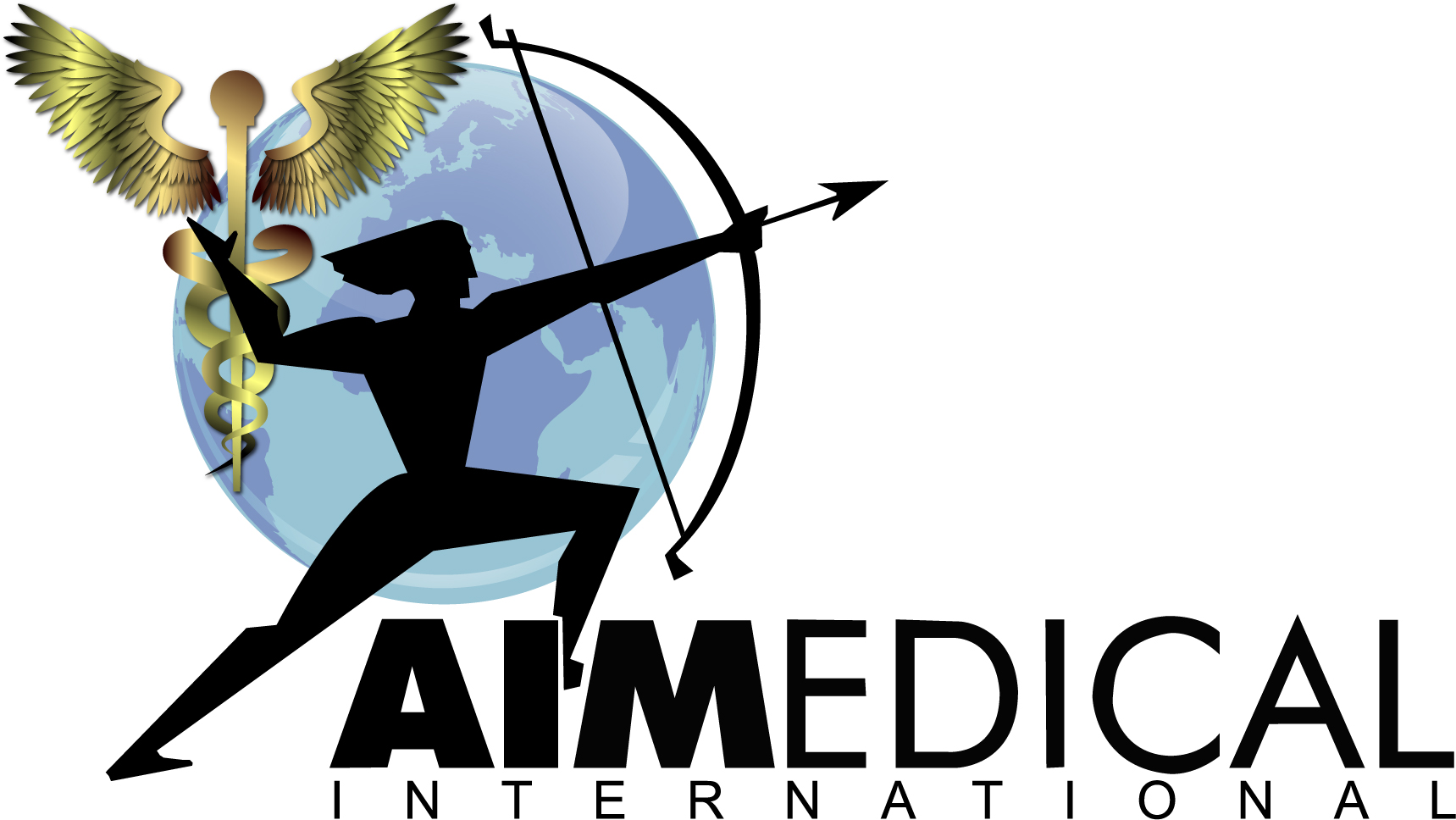Effective Ways to Identify Quality Suppliers for Tms Machines in the Global Market
Hey there! In this super competitive world we’re navigating today, finding reliable suppliers for TMS machines is a big deal for businesses that want to boost their operational efficiency and up their product quality. When companies are on the hunt for TMS machines, knowing how to spot quality suppliers in the global market can really make a difference in their success. With so many choices out there, it can feel a bit overwhelming, but don’t worry—if you’ve got the right strategies, filtering through potential candidates to find suppliers that fit your needs and standards is totally doable.
Now, getting the hang of sourcing quality TMS machines takes a sharp eye for detail and a plan. You need to consider things like the supplier’s reputation, their experience in the industry, and any product certifications they have. These factors are super important when it comes to making your selection. By keeping these in mind, companies can not only ensure they’re getting TMS machines that hit the mark but also build solid, long-lasting partnerships with suppliers who really care about quality and innovation. Stick around, because this blog will dive into some effective strategies for navigating the global market and finding the best suppliers for your TMS machine needs!

Understanding the Importance of Supplier Quality in the TMS Machine Industry
You know, in the TMS (Tensioning Monitoring System) machine industry, we really can't underestimate how crucial supplier quality is. Seriously, the whole effectiveness and reliability of TMS machines hinges on the components and materials that come from suppliers. When you’ve got high-quality suppliers on your side, you can pretty much bet that the machines are going to perform at their best, meet all those pesky industry standards, and stick to safety regulations. It’s like a win-win! Manufacturers that team up with reputable suppliers can sleep easy knowing they’re using reliable parts that boost the efficiency of their products overall. Now, on the flip side, let’s talk about what happens if you ignore supplier quality. If a manufacturer decides to cut corners and goes with a subpar supplier, they’re opening up a can of worms. We're talking potential machine malfunctions, more downtime than you’d like, and let’s not even get started on the costly repairs. Yikes! This can really hurt customer satisfaction and, trust me, it can tarnish a brand's reputation in no time. So, when businesses put supplier quality first, they're actually playing it smart by reducing these risks. This way, their TMS machines can run efficiently and effectively. And here’s another thing: building solid relationships with quality suppliers isn’t just a nice-to-have; it actually drives innovation and collaboration too! In a fast-changing global market, that kind of partnership can really keep companies ahead of the game. So yeah, to wrap it all up, in the TMS machine industry, the quality of your suppliers really makes or breaks your success. By zeroing in on sourcing from top-notch suppliers, businesses can beef up their product offerings, cut down on risks, and forge lasting relationships that fuel growth and innovation. It's all about teamwork!

Key Metrics for Evaluating Supplier Performance and Reliability
When sourcing TMS machines in the global market, evaluating potential suppliers effectively is paramount for maintaining quality and reliability. One of the key metrics for assessing supplier performance is their track record of meeting delivery deadlines. Timely delivery not only reflects a supplier's commitment but also impacts your production schedules. Establishing a history of consistency in fulfilling orders on time can serve as a strong indicator of a supplier's operational capabilities and reliability.
Another crucial metric is the quality of products provided. Conducting quality audits and analyzing defect rates can provide insight into how well a supplier maintains industry standards. Engaging in a trial order can also help gauge product quality firsthand, ensuring that the supplier can meet your specifications. Additionally, feedback from previous clients can shed light on the supplier’s performance regarding quality control measures and after-sales support, which are vital for long-term partnerships.
Financial stability is another metric that should not be overlooked. A supplier’s financial health can be assessed through their credit ratings and years of operation. A stable supplier is less likely to face disruptions that could affect your supply chain. Furthermore, consider their adherence to industry regulations and certifications, which can serve as indicators of their commitment to quality and reliability. By focusing on these key metrics, businesses can make informed decisions when selecting suppliers for TMS machines, ensuring a robust and efficient supply chain.

Exploring Global Compliance Standards for TMS Machine Suppliers
When searching for quality suppliers for TMS (Transcranial Magnetic Stimulation) machines in the global market, compliance with international standards is paramount. The healthcare and medical device industry is governed by rigorous regulations designed to ensure safety, efficacy, and quality. According to a report by Grand View Research, the global TMS device market is anticipated to reach USD 1.83 billion by 2027, underscoring the need for reputable suppliers who adhere to key compliance standards.
One of the most significant compliance benchmarks is ISO 13485, which focuses on quality management systems for medical devices. Suppliers that meet this standard not only demonstrate their commitment to maintaining quality assurance, but also facilitate smoother entry into various markets. Furthermore, regulatory approvals from bodies like the U.S. Food and Drug Administration (FDA) and the European Medicines Agency (EMA) are critical indicators of a supplier's credibility. The FDA reports that more than 55% of medical device recalls are due to compliance failures, highlighting the importance of selecting suppliers that consistently meet regulatory requirements.
Additionally, with the growing emphasis on patient safety and data security, compliance with the General Data Protection Regulation (GDPR) and Health Insurance Portability and Accountability Act (HIPAA) is increasingly essential. A recent survey indicated that about 68% of healthcare organizations consider compliance with these regulations a significant factor when selecting suppliers. As the TMS market expands, ensuring that suppliers align with global compliance standards becomes crucial for healthcare providers seeking reliable and effective solutions.

Strategies for Effective Supplier Audits and Assessments
When sourcing TMS machines in the global market, conducting thorough supplier audits and assessments is essential for ensuring quality and reliability. One effective strategy is to create a comprehensive audit checklist that encompasses various criteria such as financial stability, production capabilities, and compliance with international standards. This not only helps in evaluating the supplier's current operations but also provides insights into their long-term viability. By including specific metrics and operational benchmarks, businesses can systematically assess potential suppliers and narrow down their options effectively.
Another critical component of supplier assessment is conducting on-site visits. These visits allow for direct observation of the manufacturing processes and quality control measures in place. During these visits, it is beneficial to engage with key staff members to gauge their expertise and commitment to quality. Moreover, establishing an open line of communication can uncover potential issues and foster a collaborative relationship that benefits both parties. In addition to on-site assessments, considering customer references and past performance reviews can further solidify a supplier's credibility and integrity in the market.
Incorporating technology into the audit process can also enhance efficiency and accuracy. Utilizing data analytics tools to evaluate supplier performance over time gives companies a clearer picture of reliability and quality trends. This data-driven approach enables businesses to make informed decisions while minimizing risks associated with supplier relationships. By leveraging a combination of thorough audits, site visits, and modern technology, companies can confidently identify quality suppliers in the competitive global landscape of TMS machines.
Leveraging Technology and Data Analytics to Identify Quality Suppliers
In today's global market, identifying quality suppliers for TMs machines can be a daunting task, but leveraging technology and data analytics has revolutionized this process. Advanced analytics tools enable businesses to sift through vast amounts of information, helping them pinpoint suppliers who not only meet specific criteria but also demonstrate reliability and consistency in their production processes. By analyzing historical data, businesses can assess supplier performance, financial stability, and compliance with industry standards, ensuring they engage with trustworthy partners.
Moreover, technology facilitates the use of machine learning algorithms to predict supplier behavior and market trends. This predictive capability allows companies to make informed decisions about potential supply chain risks and opportunities. For instance, analyzing real-time data such as market fluctuations and supply chain disruptions can lead to proactive measures, enabling businesses to minimize operational risks. By focusing on data-driven insights, companies can streamline their supplier selection processes, ensuring they choose partners who align with their quality standards and business goals.
In addition, utilizing cloud-based platforms for supplier management can enhance collaboration and communication. These platforms offer centralized access to supplier information, enabling teams to work together efficiently and make decisions based on comprehensive data. By integrating technology into their supplier identification process, businesses can foster a more resilient and agile supply chain, capable of adapting to the ever-evolving global marketplace. Through the strategic use of technology and data analysis, companies can not only identify quality suppliers but also establish long-term partnerships that drive success.
